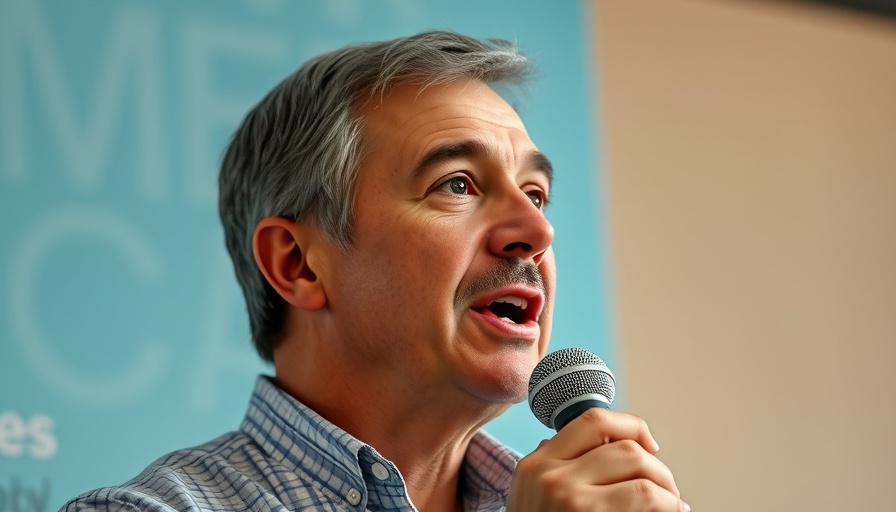
Mullenweg’s Cautious Yet Hopeful Outlook on FAIR Package Manager
During the recent WordCamp Europe, Matt Mullenweg, the co-founder of WordPress, shared his thoughts on the newly announced FAIR Package Manager project by the Linux Foundation, which aims to decentralize the WordPress plugin and theme repository. His response came as a surprise to many attendees, especially since the project had been conducted in relative secrecy for six months.
Mullenweg expressed a mix of optimism and skepticism. While he acknowledged that open-source initiatives can coexist fluidly, the secretive manner of the FAIR project’s inception left him feeling ambushed. ‘It was worked on in secret for six months,’ he noted, hinting that better transparency might have facilitated a constructive dialogue between the WordPress community and the Linux Foundation.
Understanding the Need for Decentralization
Decentralizing plugin repositories has become increasingly relevant in the WordPress ecosystem. As Mullenweg pointed out, the massive growth of plugins—over 72,000 now weighing in at approximately 3.2 terabytes—brings forth both opportunities and challenges. In a world where security remains paramount, the FAIR project must prioritize user needs, particularly surrounding safe plugin usage and timely updates.
Mullenweg articulated a critical insight: ‘How many sites that are hacked are due to outdated plugins?’ This question resonates beyond the WordPress community and invites reflection among all technology stakeholders, including veterinary clinics that rely on complex systems to manage client data and services. Clinic owners should contemplate whether decentralized solutions like FAIR could enhance their operational security and efficiency.
User Demand: What Do WordPress Users Really Want?
As the conversation pivoted, Mullenweg urged attention to the end-users of WordPress. Are they seeking a federated repository? Are these users struggling with security issues, or are they mainly looking for the latest themes and plugins without complex hurdles? This insight is crucial for anyone in the tech domain, from developers to end-users.
For veterinary clinic owners and managers, understanding user preferences in the context of how clients interact with technology can drive key decisions about software evolution. Embracing a user-centric approach can ensure that technology not only provides value but enhances operational dynamics and client satisfaction.
Moving Forward: Collaborative Opportunities
While the launch announcement of the FAIR Package Manager may have caught Mullenweg off-guard, it underscores an essential narrative in the tech landscape: collaboration is pivotal. Achieving a successful balance between decentralized initiatives and centralized control systems requires ongoing dialogues and collaborative efforts.
This is especially true for veterinary practices contemplating tech advancements. Engaging in collaborative partnerships or community discussions may yield innovative solutions that propel clinic operations and client interactions into the future. Perhaps that's what Mullenweg would appreciate; shared goals and transparent collaborations for a secure WordPress ecosystem will ultimately benefit all stakeholders—from developers to users.
Final Thoughts: What’s Next for WordPress?
The impact of the FAIR Package Manager on the WordPress community remains to be seen. For now, Mullenweg's insights encourage careful consideration of not only the project’s technical implications but also its potential user benefits. As the era of decentralized systems looms closer, the call for active participation, discussion, and collaboration becomes increasingly important.
Veterinary clinics and their managers should carefully reflect on how these evolving technologies can streamline operations and enhance client interactions. The technological landscape is ever-evolving, and now is the moment to navigate it wisely.
 Add Row
Add Row  Add
Add 

 Add Row
Add Row  Add Element
Add Element 




Write A Comment